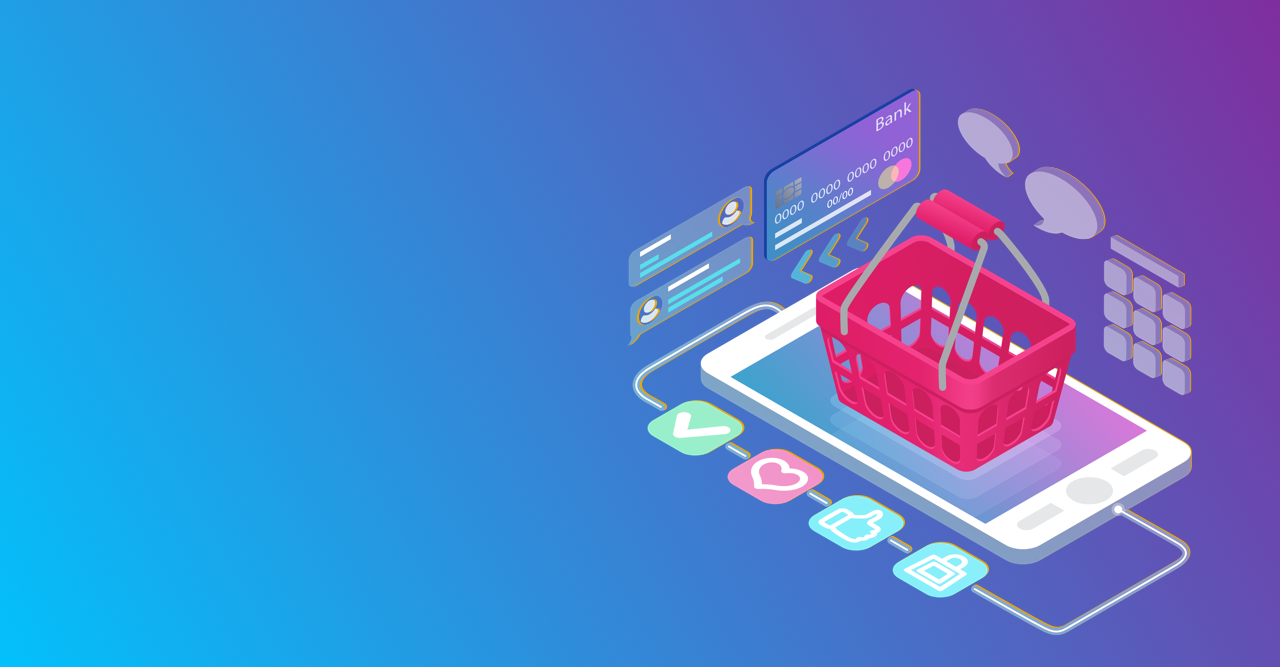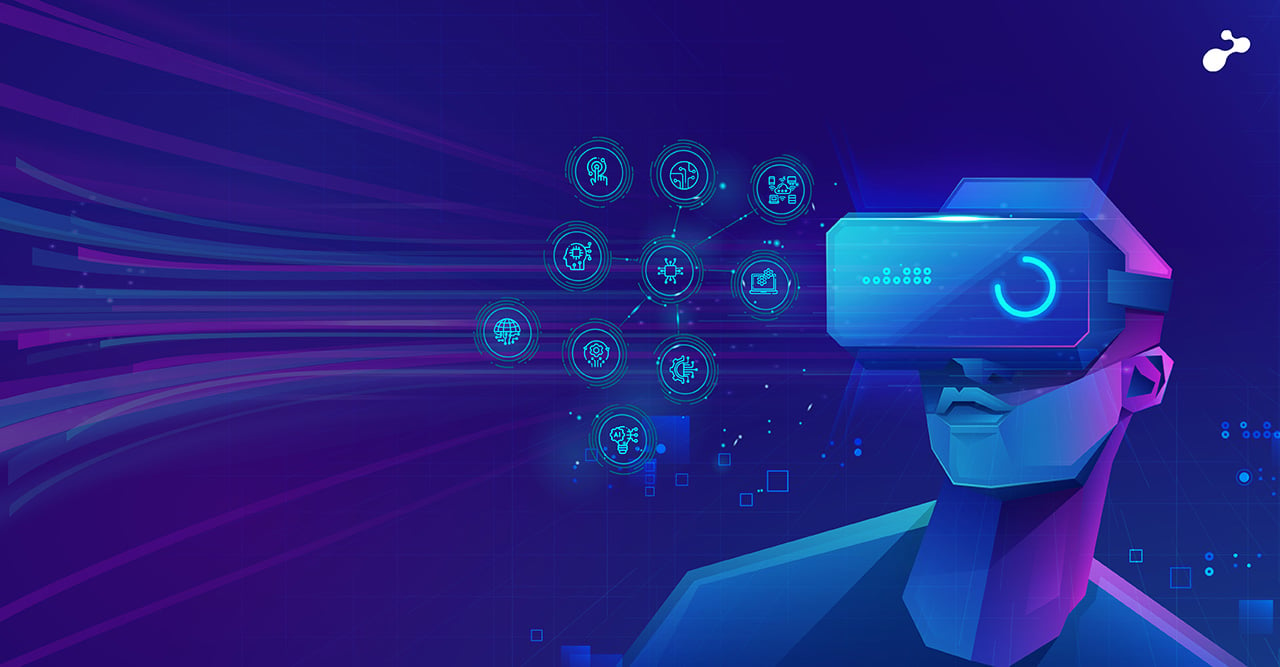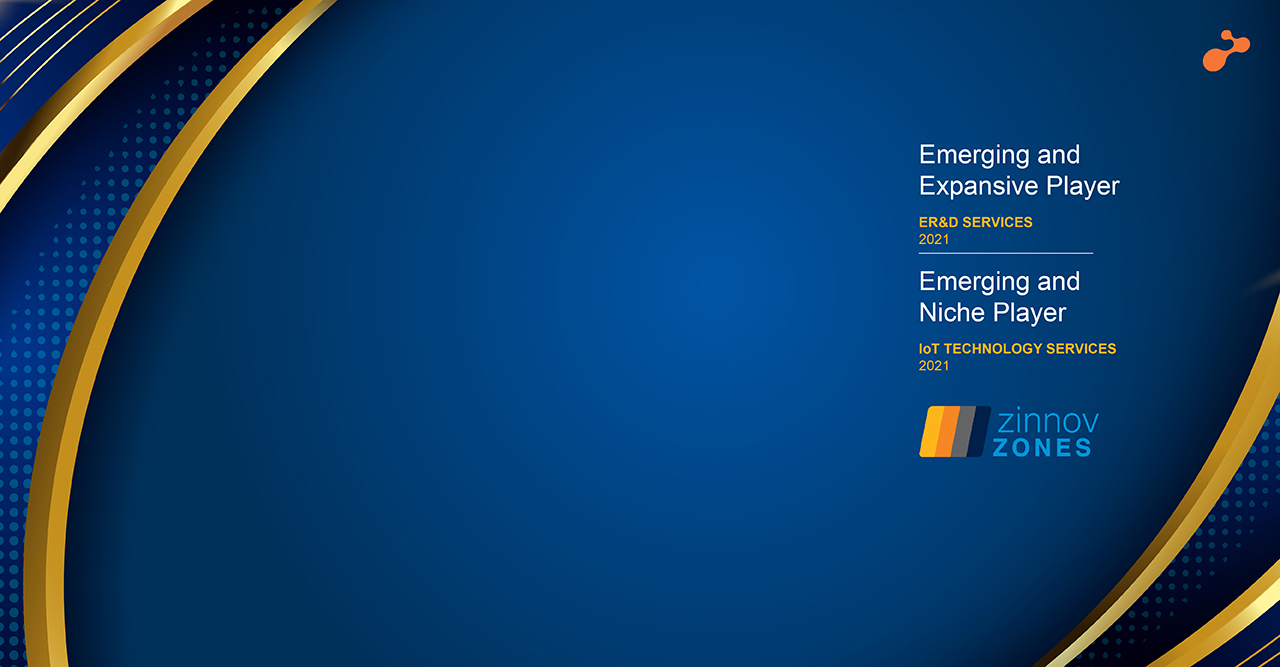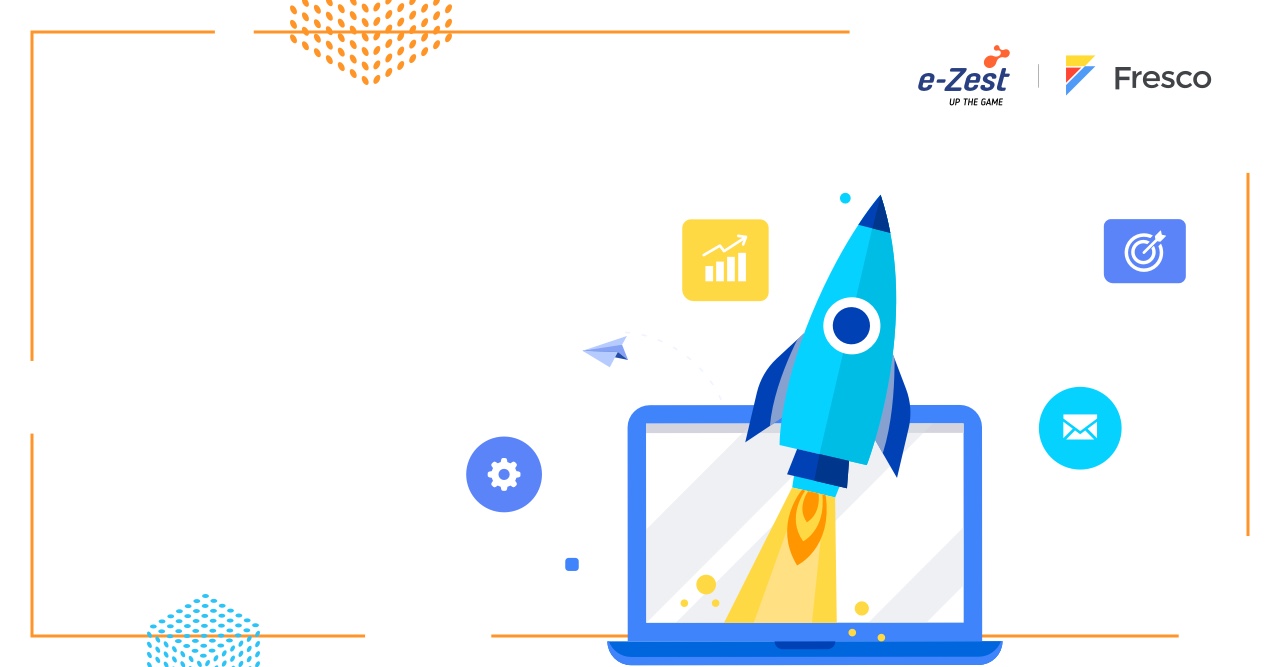That the rise of the smartphones have changes the entire e-commerce and retail landscape is not a surprising discovery. What is interesting to note here is that just as e-commerce is experiencing its exponential growth today, mobile commerce is growing at an even faster rate. It is estimated that by 2018 sales from mobile devices will almost eclipse sales from e-commerce. Apart from being a platform for shopping on the go, mobile devices now have emerged as powerful research tools which influence buying decisions. Mobile devices direct almost 50% of digital traffic today and online retailers do not have an option but to harness this growth opportunity.
In order to capitalize on this mobile trend retailers have to have the capability to engage with their buyers at the right ‘mobile moment’. Deploying new analytics to successfully identify these mobile moments is helping retailers create high service value and drive customer engagement.
The growing popularity of mobile internet, mobile shopping and the multi-screen world that we live in today is testament enough for online retailers to give their mobile strategy a very serious look. Failing to provide a pleasing and seamless mobile experience will be an obvious disadvantage to these retailers. Retailers also need to identify how to use the ‘mobile moment’ in the right context so that they can engage with the consumer at the most opportune moment by carefully analyzing the situation and preferences using insights gained from advanced data analytics.
By employing real time analytics the retailers can also leverage customized push notifications on price discounts and special product features according to customer segmentation. Traditionally, consumers have always favored coupons and reward cards and these can gain more popularity since these can now go digital as consumers can easily scan and use them from their mobile phones. Starbucks made full use of mobile with their Passbook App which allowed users to make cash –free purchases. This app pushed coupons to a large customer base while aggregating data about their buying behavior across both online and offline channels. This app helped increase consumer engagement and also successfully generated $1 billion in mobile transactions. According to BI Intelligence use of mobile coupons has increased from 29.5 million users in 2012 to 47.1 million in 2014.
Online retailers need to understand that today the mobile shopper has higher demands than the traditional desktop user. Thus, a mobile optimized site that creates a dependable mobile experience is the need of the hour. Features like smooth navigation, effortless browsing, faster and easy checkouts and easy log in’s, all provided by native apps are needed. Mobile sites have to be prepared to provide an optimized one-click experience while browsing, check out and payment gateway so that shoppers do not get frustrated and abandon their cart.
Reports from Goldman Sachs and Forrester predict that going by the current trends, this mobile momentum is only going to increase as the number of smartphone buyer’s increase. So apart from online retailers, this boom also provides brick and mortar stores an excellent opportunity to increase their market reach by having a mobile optimized website. It might be a few years before m-commerce completely catches up with e-commerce in terms of revenue, but it’s better to ride the wave now than play catch up later.






